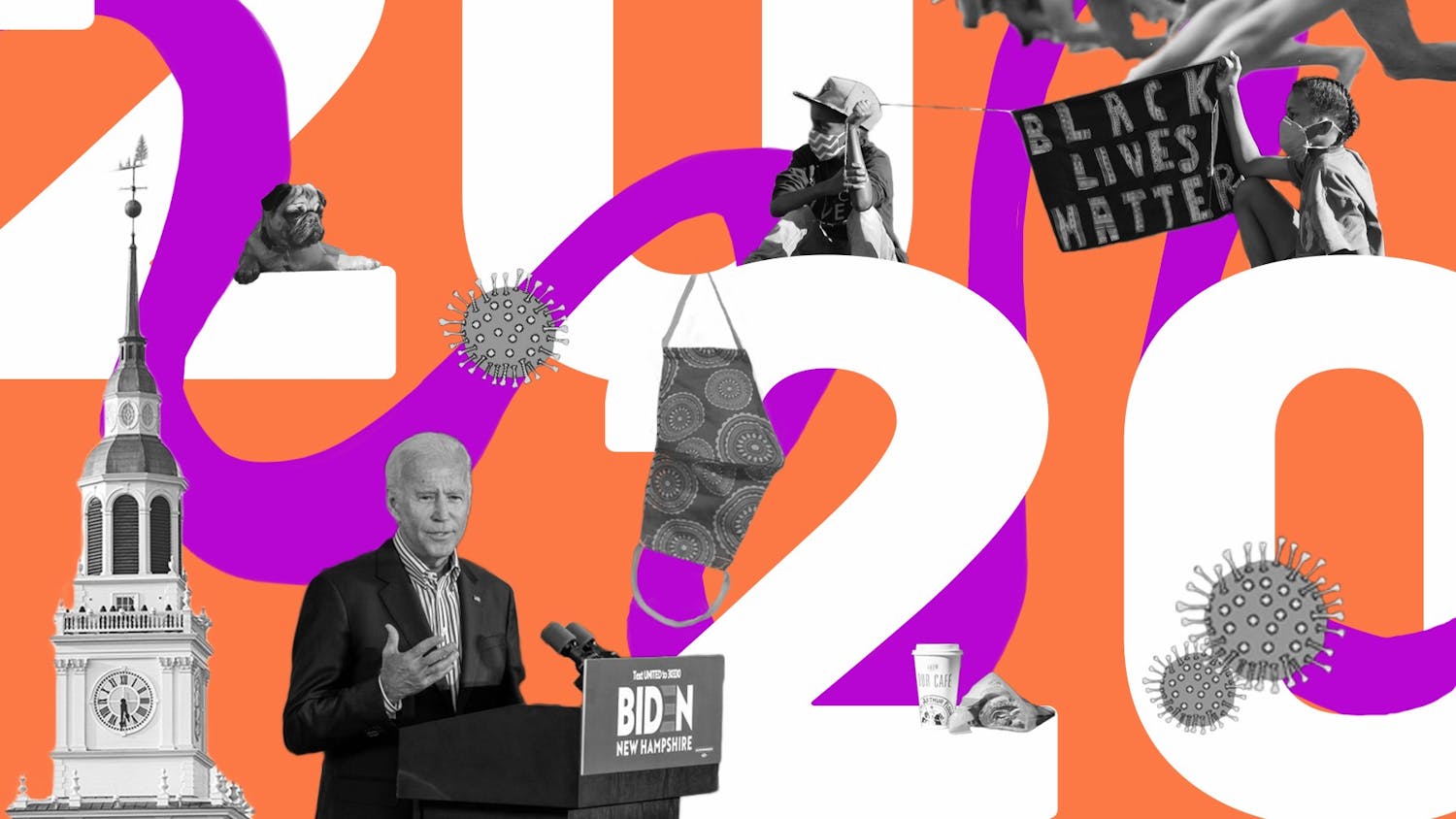In the midst of a pandemic-exacerbated national mental health crisis, it comes as no surprise that wellness products are having a moment in the spotlight. Even before the pandemic, from 2015 to 2017, the global wellness industry had grown nearly twice as fast as the global economic growth rate, making it worth $4.5 trillion in 2018.
According to the Centers for Disease Control and Prevention, 40% of U.S. adults reported struggling with mental health or substance use during late June of last year. And the wellness industry — the part of the economy that includes products promoting physical and mental well-being — has attempted to rise up to this mental health challenge. Unfortunately, as of now the wellness industry is ill-equipped to give care to the populations who need mental health support most during this pandemic.
Self-care has not always been such a luxury. Much of the contemporary self-care movement in the United States can be traced back to mid-20th century civil rights activism. Black feminists such as Audre Lorde and Angela Davis have often pointed toward the importance of self-care in their work, speaking about the necessity of carving out space for oneself and one’s community when faced with a hostile outside world. In professor Shamell Bell’s AAAS 33.10, “Rituals of Breath” class at Dartmouth, students begin every class with a meditation session or a somatic mindfulness exercise. These self-care practices allow students to quite literally stop and take a breath while acknowledging the effort required to tackle the systemic challenges people face today.
However, the form of self-care encouraged by most of the contemporary wellness industry — pamper yourself and buy commercial products as a substitute for addressing the real roots of your unhappiness — has transformed into a too narrow individualism that willfully blocks out any responsibility to care for one’s community. Treat yourself. Put on a cucumber face mask and let the dire state of the world pass you by. Splurge on expensive bath salts, because you deserve it. Yet if the recession has cut your pay or left you without a salaried job, a cleansing mud mask or a company-sanctioned meditation retreat will not be the panacea to your problems. Many wellness influencers are stuck in their old habits, reminding us to “treat ourselves” and eat our multivitamins while our political systems are collapsing all around.
In 2020, we learned about the difficulty of isolation and the necessity of working together in order to keep one another safe and well. I learned this because I too, in a flurry of pandemic-induced nervousness, purchased copious numbers of hydrating face masks earlier last year, thinking I would at least come out of 2020 with glowing skin. And though there is little wrong with splurging on a product every once in a while, at the end of it all, I did not survive this past year because of green juicing, an outdoor SoulCycle class or a new Lululemon top. I survived this past year because of check-ins with friends, the joy of participating in my communities virtually and returning to old hobbies — writing poetry, taking walks outside, hiking — that I long neglected. In 2021, I’ll do the same. It's time for the wellness industry to forget the hype and prioritize real wellness once again.



